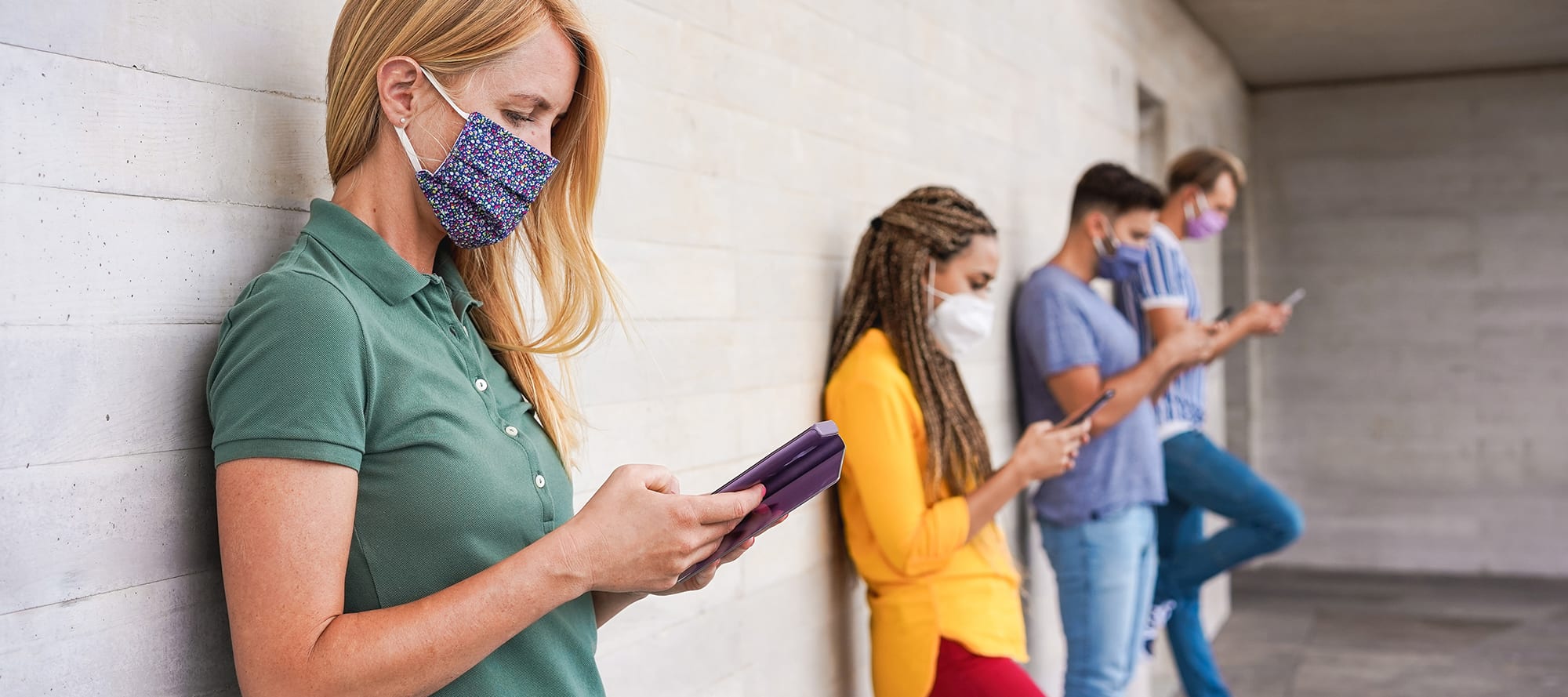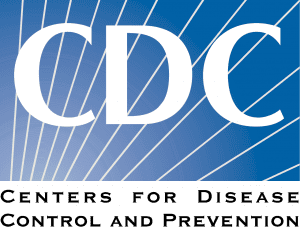- Clinical Outcomes in Young US Adults Hospitalized With COVID-19
Few studies of COVID-19 have included younger patients to better understand their anticipated clinical trajectory. Authors investigated the clinical profile and outcomes of 3222 young adults (age 18-34 years) who required hospitalization for COVID-19 in the US. During hospitalization, 684 patients (21%) required intensive care, 331 (10%) required mechanical ventilation, and 88 (2.7%) died. Vasopressors or inotropes were used for 217 patients (7%), central venous catheters for 283 (9%), and arterial catheters for 192 (6%). The median length of stay was 4 days (interquartile range, 2-7 days). Among those who survived hospitalization, 99 (3%) were discharged to a postacute care facility. - SARS-CoV-2–Associated Deaths Among Persons Aged <21 Years — United States, February 12–July 31, 2020
It is well known that COVID-19 symptoms in children are milder than in adults. Among 121 SARS-CoV-2–associated deaths among persons aged <21 years reported to CDC by July 31, 2020, 12 (10%) were infants and 85 (70%) were aged 10–20 years. Hispanic, non-Hispanic Black and non-Hispanic American Indian/Alaskan Native persons accounted for 94 (78%) of these deaths; 33% of deaths occurred outside of a hospital. Persons aged <21 years exposed to SARS-CoV-2 should be monitored for complications. Ongoing surveillance for SARS-CoV-2–associated infection, hospitalization, and death among persons aged <21 years should be continued as schools reopen in the United States. - SARS-CoV-2 infection severity is linked to superior humoral immunity against the spike
The antigen specificity and kinetics of the antibody response mounted against SARS-CoV-2 are not understood in detail. Here, we report that subjects with a more severe SARS-CoV-2 infection exhibit a larger antibody response against the spike and nucleocapsid protein and epitope spreading to subdominant viral antigens, such as open reading frame 8 and non-structural proteins. Subjects with a greater antibody response mounted a larger memory B cell response against the spike, but not the nucleocapsid protein.
- Slight reduction in SARS-CoV-2 exposure viral load due to masking results in a significant reduction in transmission with widespread implementation
Authors utilize a mathematical model to assess the impact of masking on transmission within individual transmission pairs and at the population level. Their model quantitatively links mask efficacy to reductions in viral load and subsequent transmission risk. The results reinforce that the use of masks by both a potential transmitter and exposed person substantially reduces the probability of successful transmission, even if masks only lower exposure viral load by ~50%.
- COVID-19: Knowns, Unknowns, and Questions
In this review article, authors highlight the current state of knowledge of coronavirus biology while answering questions concerning the current outbreak of SARS-CoV-2.
- The coronavirus is mutating — does it matter?
Over 12,000 mutations have been cataloged in more than 90,000 SARS-CoV-2 isolates. Any two isolates differ by about 10 base changes. One, a single amino acid change in the spike (D614G) has spread to nearly all isolates. However, none of these changes have impacted transmission or pathogenesis in humans, as summarized in this commentary.
Situation Dashboards

World Health Organization (WHO)

Johns Hopkins University (JHU)

COVID-19 in US and Canada







